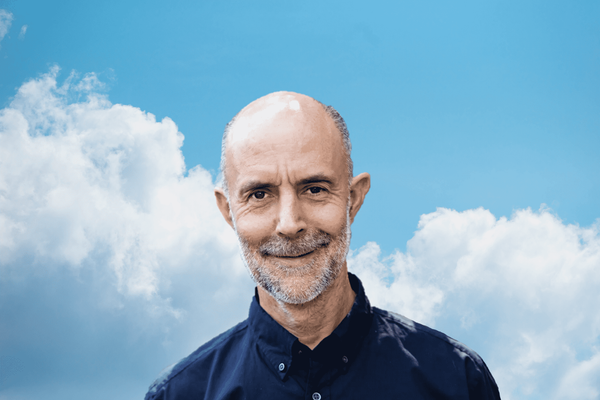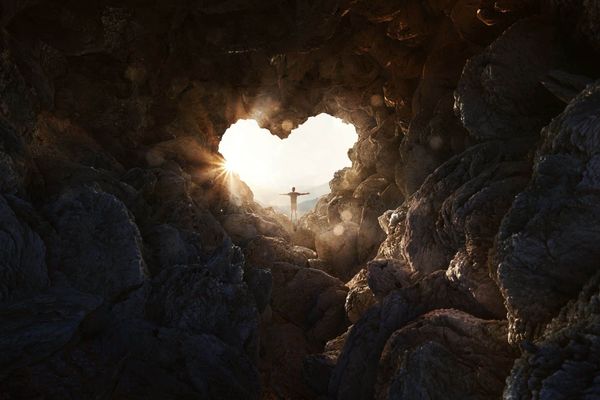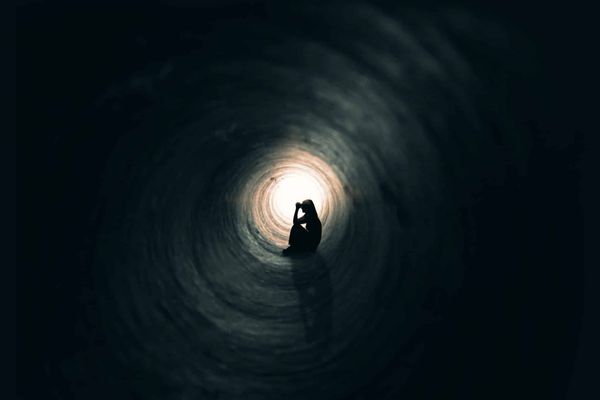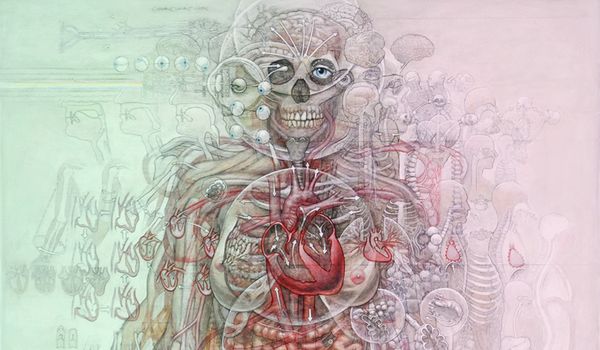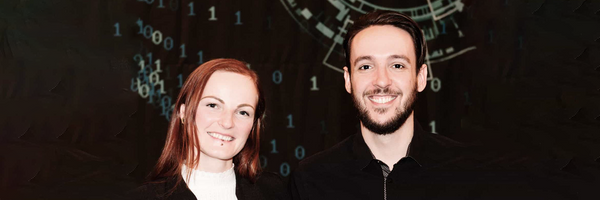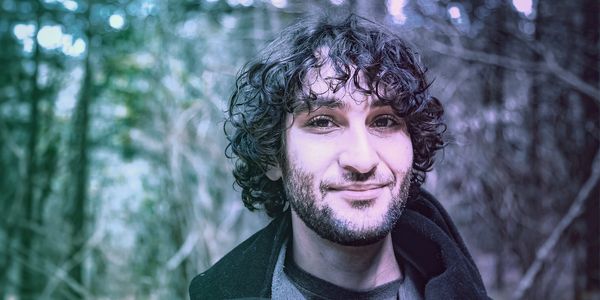Daniel Goldsmith • • 4 min read
The Amazing Ways Science Inspires Empathy
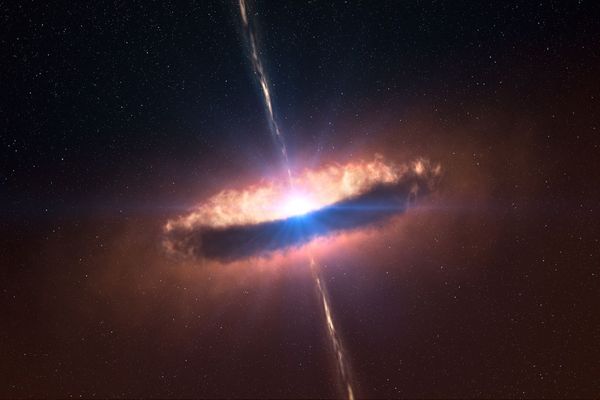
Einstein famously said that science in our time is like “a razor blade in the hands of a three year old.” Science has unleashed the power of technology, but we ourselves haven’t developed the capacity to control it.
We’ve come a long way toward knowing how the universe works, but we seem preoccupied with using that knowledge to find more efficient ways of destroying each other and our planet.
Carl Sagan said, “We are the legacy of 15 billion years of cosmic evolution. We have a choice, we can enhance life and come to know the universe that made us or we can squander our 15 billion year heritage in meaningless self-destruction.”
Given the current state of the world, I think most of us could agree that our species could really benefit from developing a little more kindness, empathy, and compassion for each other.
We often hear about these qualities in the context of religion or meditation, but if we look closely, we can find one of the most powerful tools to unlocking empathic understanding in a place we might not think to look: science.
What often goes overlooked is that the same understandings that provided the basis for destructive applications can also lead to greater sensitivity to others’ suffering and appreciation for the mystery of life.
If we start by examining what science has shown us about our world, we find on every level, from the physical to the chemical to the biological, the basic fact of interconnection. Nothing in this universe exists independently. As John Muir said, “when we try to pick out anything by itself, we find it hitched to everything else in the universe.”
Everything exists in relation to everything else, something as true of quarks as it is of biomes.
This story of increasing illumination, however, is only one perspective. Every new scientific discovery opens up new avenues of inquiry. “Solutions” often raise many more questions than they answer (what happened before the Big Bang?). Total knowledge of the universe seems impossible, something that even quantum physicists in their talk of matter’s “probabilities” and “tendencies” tacitly acknowledge.
There is a flip side to what science has shown us to be true; the mystery of Being that still eludes our comprehension.
It’s right here, on the edge of the known and the unknown, where I sense the most possibility for integrating all our magnificent discoveries to create a more empathic and understanding world. What good is knowing how the universe works if we use that knowledge to more efficiently destroy each other and our planet?
The Origin
Physicists have done an amazing job of describing how our universe works, but there’s a caveat: their descriptions are limited to what happened after the universe came into existence. We can describe with great precision the universe’s conditions going back to fractions of a second after the Big Bang. But when it comes to understanding the conditions in that initial moment of creation, or what happened before that, we stand before the starry cosmos in awe, uttering nothing.
Carefully observing the universe leads us to understand there was a Big ‘Beginning’, but we still draw a Big Blank as to how that originated.
Biologists find themselves in a similar position. While we can understand the history and mechanisms of the evolution of life, we’re still at a loss to explain how life originated in the first place.
The famous Miller-Urey experiment in 1952 simulated the gases of the early atmosphere and showed that amino acid compounds can spontaneously arise in reaction to a source of energy (lightning). While this experiment showed how the “building blocks” of life might have arisen, we still don’t know how those building blocks managed to organize themselves into proteins and complex life forms.
Some scientists estimate that we have up to a million different types of protein in the body, and to produce just one of them (collagen) 1,055 amino acids need to be arranged in exactly the right sequence—a feat that even Francis Crick in Life Itself admitted was nearly impossible to come about by mere chance.
How is it so, that while everything seems to perish in the chaos of entropy, matter agreed to work together to negate it?
In the past 200 years, we’ve done an amazing job of sketching earth’s tree of life, but we still don’t really know the origins of the seed from which it has grown.
This tends to disconcert people– but it shouldn’t.
Instead of rushing in with an answer- it must have been God!, or, it all came about by mere chance – why not revel in the fact that we really have no clue?
Why not take the unknown in physics and biology to deepen our sense of mystery at how we’ve all been thrown in a boat whose origins, destination, and purpose none of us can claim to truly know?
Not only that, but on this boat of existence, we can’t really explain why some beings are born in luxury cabins and others in the furnace room. If you’re reading this sentence right now, you’re among the richest and most educated people in the world. Millions of other humans, for reasons of poverty, disease, or ignorance, will never have the time or education to contemplate their existence.
When I recognize I didn’t choose to be born in a healthy human body in a wealthy country, it makes me more sensitive to the suffering of those born into poverty or disease, who likewise did not choose their lot in life.
Remembering that none of us really know how or why we got here leads to us empathize with other beings who might not be as fortunate as we are, and hopefully to freely share with them the gifts that have been freely given to us.
The Unknown
According to Socrates, Lao Tzu, and countless other mystics, the highest knowledge is to know that you do not know.
Philosophers and meditators have been telling us for centuries that holding ourselves open to mystery is the deepest expression of our humanity. It may not always be pleasant or comfortable, but the journey of going into the unknown transforms us. As Nietzsche put it, “When you gaze long into an abyss, the abyss also gazes into you.”
In our age, science has given us the means to refine our gaze, allowing us to look into even deeper into the abyss than ever before, helping to shatter our arrogance and dispel the illusion that we are the center of the world.
And when we really take to heart, both what science reveals as well as the mysteries which remain cloaked by the unknown, it cannot help but heighten our reverence and incite the desire to preserve and protect this precious gift of life.

